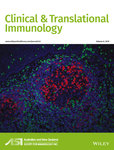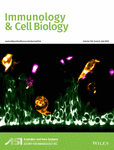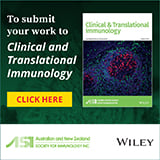Journal list menu
Export Citations
Download PDFs
Case Reports
Successful treatment of idiopathic mast cell activation syndrome with low-dose Omalizumab
- First Published: 30 September 2019

This case report summarises the classification of the described mast cell activation syndromes and reports on the treatment success of low-dose omalizumab to alleviate symptoms of mast cell activation. This facilitated reintroduction and maintenance of subcutaneous immunotherapy for bee venom anaphylaxis. The treatment enabled the patient to have an unrestricted lifestyle, significantly improving quality of life.
Special Feature Reviews
γδ T cells in cancer: a small population of lymphocytes with big implications
- First Published: 10 October 2019

γδ T cells play crucial roles in antitumor immunity but have been also linked to tumor growth. Due to their innate and adaptive features, γδ T cells also constitute attractive candidates for newly developing cancer immunotherapy. In this review, we discuss the latest findings and future directions of this conflicting but highly promising field.
THIS ARTICLE HAS BEEN RETRACTED
Retracted: Dual targeting of RANKL and PD-1 with a bispecific antibody improves anti-tumor immunity
- First Published: 27 September 2019
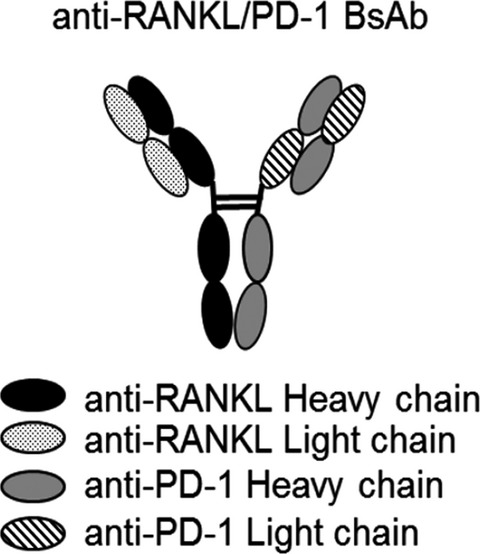
Here, we describe for the first time the design, in vitro characterisation and in vivo testing of a novel bispecific antibody (BsAb) co-targeting RANKL and PD-1. An equivalent or superior anti-tumor response was observed with the anti-RANKL/PD-1 BsAb compared with the combination of parental anti-RANKL plus anti-PD-1 antibodies depending upon the tumor model. In summary, the bispecific anti-RANKL/PD-1 antibody demonstrates potent tumor growth inhibition in settings of immune checkpoint inhibitor resistance and represents a novel modality for clinical development in advanced cancer.
Original Articles
Enhancing tristetraprolin activity reduces the severity of cigarette smoke-induced experimental chronic obstructive pulmonary disease
- First Published: 28 October 2019
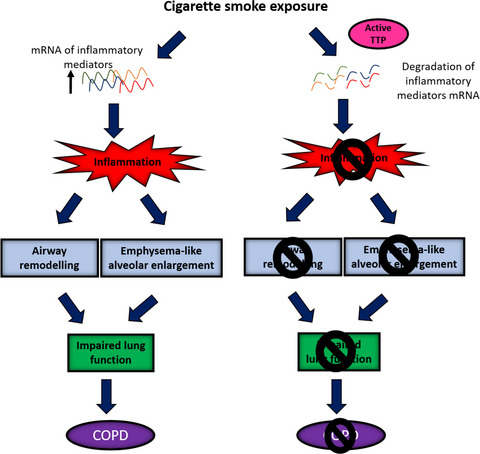
Cigarette smoke (CS) exposure increases the mRNA expression of inflammatory mediators resulting in pulmonary inflammation. Ongoing inflammation drives the development of airway remodelling and emphysema, subsequently leading to lung function decline. This study highlights the importance of having active TTP to control CS-induced inflammation, pulmonary remodelling, emphysema and impaired lung function in mice.




